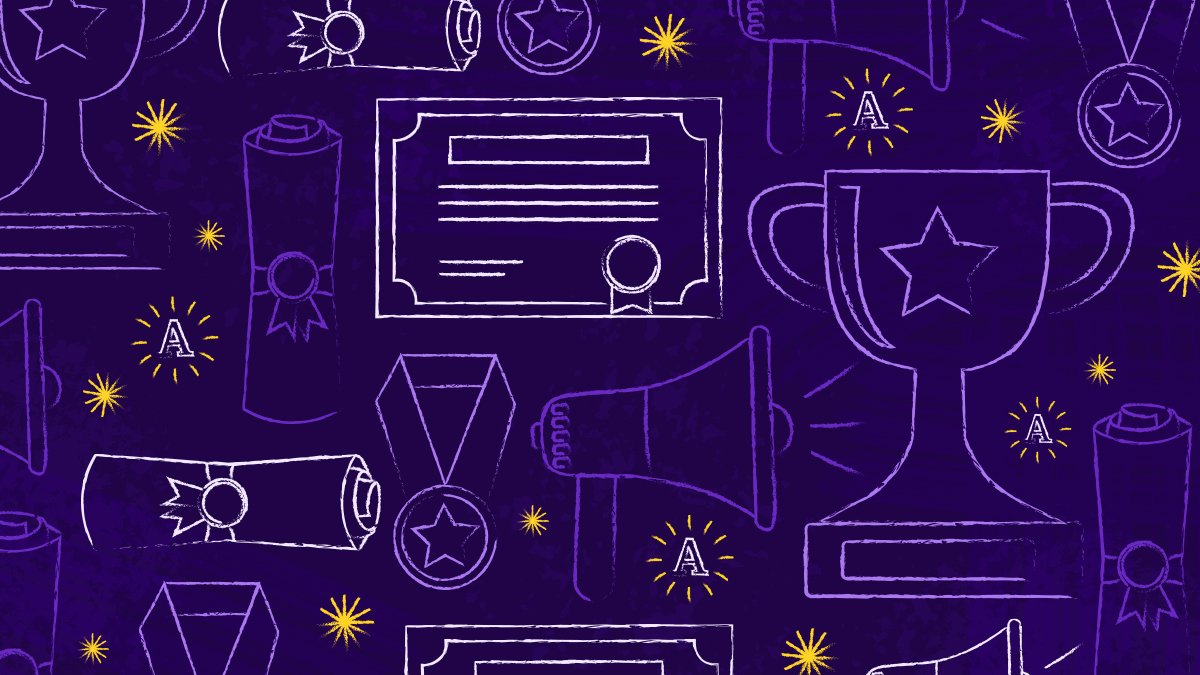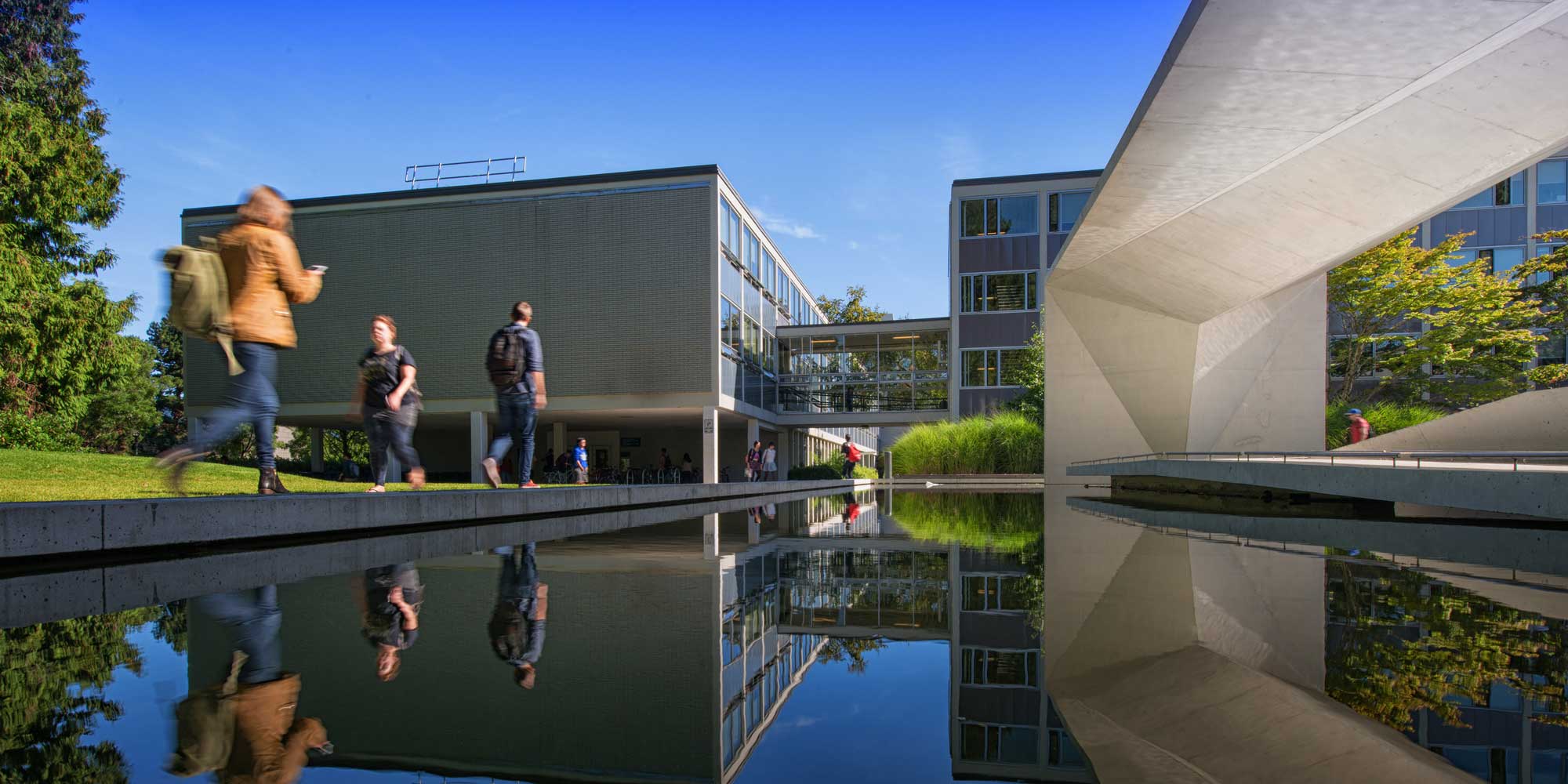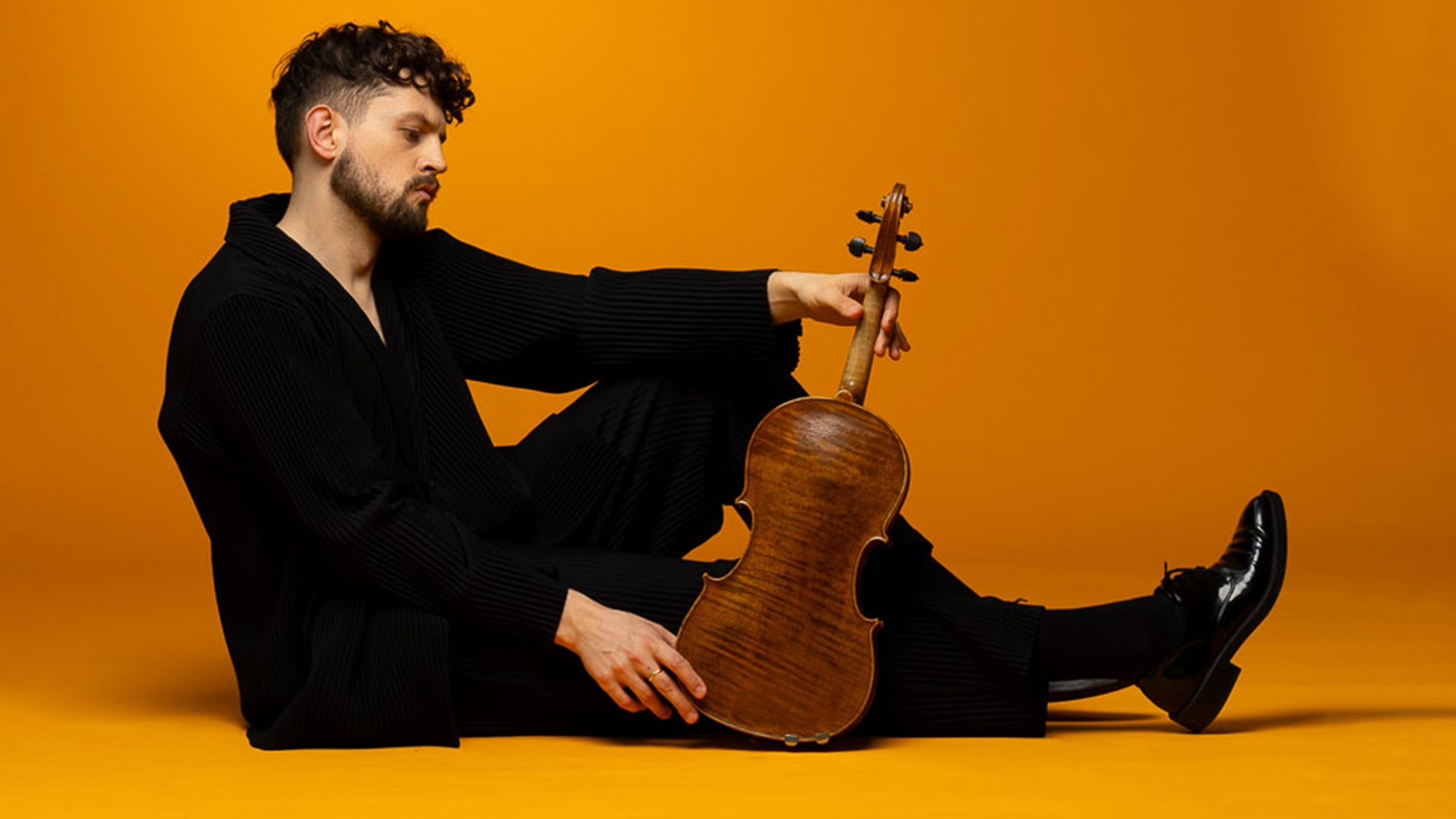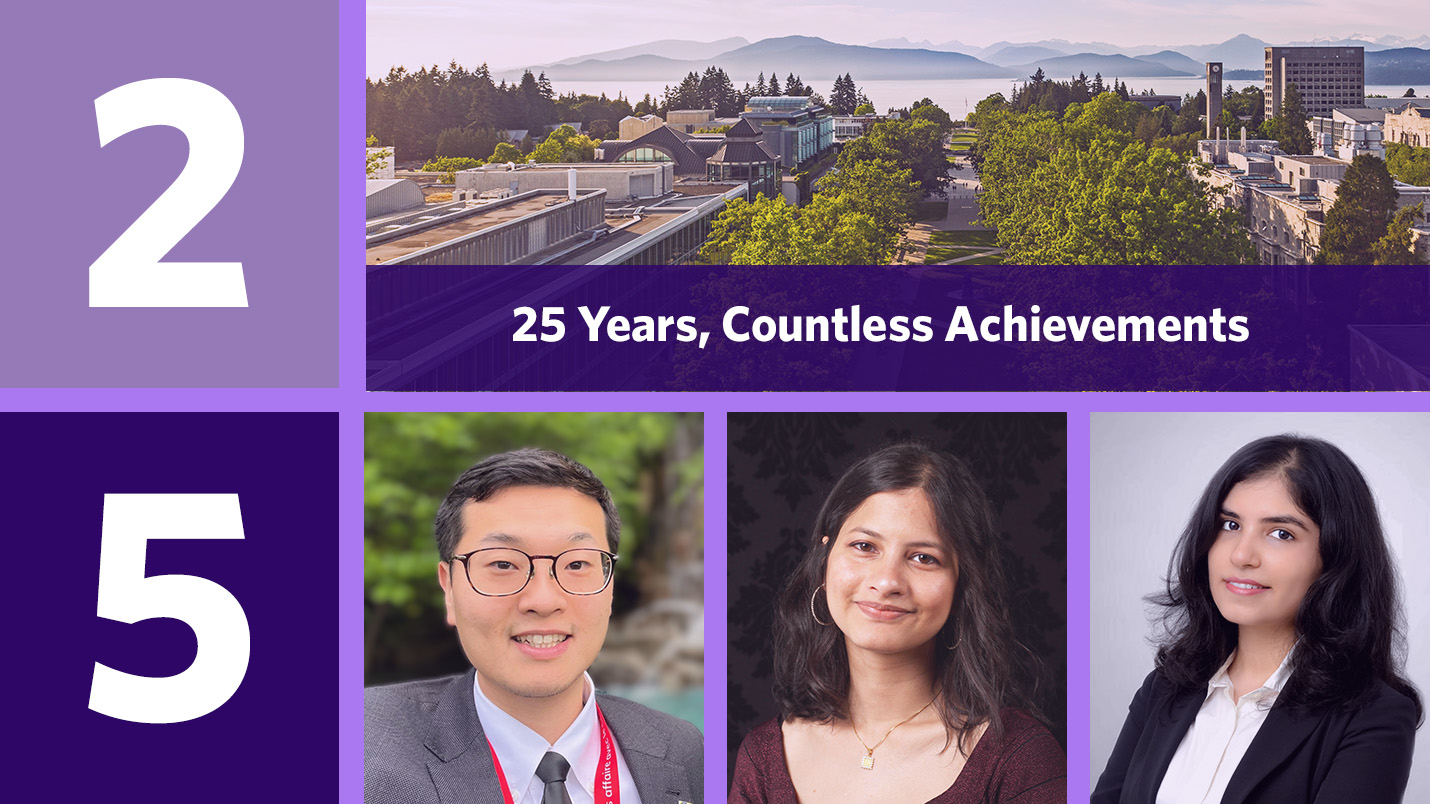

The 2024-2025 Community-University Engagement Support Fund (CUES) has funded five collaborative projects between community organizations and the Faculty of Arts.
This year’s projects focus on diverse community needs, from reimagining access to Indigenous heritage to advancing trauma-informed theatre, advocating for migrant worker rights, supporting immigrant well-being through music, and reshaping fashion’s future.
The CUES Fund supports partnerships that benefit communities and advance collaborative research, teaching, and learning across the province. Paid directly to community partners, CUES funding reduces financial barriers and prioritizes reciprocal, inclusive engagement so all communities — especially those that have been and continue to be underserved, marginalized, or excluded — can benefit.
Congratulations to all the recipients! Learn more about the funded projects below.
Co-Designing a Framework for Renewing the Reciprocal Research Network
Faculty of Arts and Musqueam Indian Band
- Community Partner: Leona Sparrow, Musqueam Indian Band
- UBC Partner | Faculty: Susan Rowley, Museum of Anthropology, Faculty of Arts, UBC Vancouver
- Additional Partners: Hannah Turner, School of Information | Gerry Lawson & Alissa Cherry, Museum of Anthropology
This project description was provided by the project team during the fund application process.
We plan to gather a network of community researchers, academics, and museum professionals to meet in the Summer of 2025 for a 3-day retreat/workshop. The goal of the workshop will be to a) re-establish existing relationships between institutional and community partners and b) develop a set of goals and pillars to guide the project and apply for grant funding in 2025-2026.
The ultimate goal of the project is to evaluate and understand the uses and community needs for information resources that provide access to heritage belongings in the Northwest Coast – with the key case study being the Reciprocal Research Network Community website (RRN). The RRN was co-developed in 2006-2010 between the Museum of Anthropology, Musqueam Indian Band, Stó-lō Nation and Tribal Council and the U’Mista Cultural Centre.
The RRN is a well-used database for research on belongings held in institutions, but it does not currently include archival documents, media, language resources or educational tools. With this workshop we will establish an advisory committee and build relationships and determine priorities moving forward, in a good way.
We will bring a group of 15-20 community liaisons, museum workers, and academics together in Vancouver/Musqueam. With support from CUES, we will be able to host visitors for the workshop and provide a much needed venue for discussion and guidance on these important topics of access to belongings and heritage. The workshop will be a time to listen, reflect, and imagine how to move forward.
Developing Trauma-Informed Theatre Practices for Creative Risk-Taking – Caring for Audiences and Artists
Faculty of Arts and Pacific Theatre
- Community Partner: Kaitlin Williams, Pacific Theatre
- UBC Partner | Faculty: Leora Morris, Department of Theatre and Film, Faculty of Arts, UBC Vancouver
- Additional Partners: Sebastien Archibald, Itsazoo Productions | Katherine Gauthier, Freelance Playwright
This project description was provided by the project team during the fund application process.
The UBC Department of Theatre and Film and Pacific Theatre are partnering to explore how to integrate trauma-informed practices into a theatre production for both creative team and the audience.
Art’s value is often that it invites us to confront difficult truths. How do we take care of creatives and audiences alike when confronting challenging or provocative material? An actor may be asked to perform a scene in which the character experiences physical abuse which could trigger a traumatic response if they have personal experience of this. For an audience member, specific images, actions or words can trigger a traumatic memory and/or unresolved issues. The emergent field of trauma-informed theatre practice seek to create a safe, stable working environment, by testing tools for navigating how to engage with trauma when activated.
Using Pacific Theatre’s upcoming production of Meeting by Katherine Gauthier as a case study, we will implement a series of trauma-informed practices and develop ways to measure their success for both the creative team and audiences. Meeting focuses on a Sex Addicts Anonymous Support Group, in which the characters discuss various issues related to their experiences around sex and sexuality including, sex addiction, porn addiction, co-dependency, child abuse and pedophilia.
Funding from CUES would go towards all extra expenses related to creating a trauma-informed practice, including: an Intimacy Director (a specialist in staging/choreographing intimate moments between actors and providing resources for working on potentially triggering material); an Active Listener (present at each performance with resources to share with any audience members who find the show upsetting/triggering); and a “Talk Forward”, a post show auxiliary event.
Talk Forwards will feature a facilitator with a background in counselling/therapy facilitating a discussion with a guest speaker. Our guest speakers will be experts on the various themes in the play based on their training and/or lived-experiences. Guest speakers will include psychologists and counsellors specializing in sexual health; experts in restorative justice aimed at preventing recidivism; and group therapy counsellors.
Pacific will use these findings to collaborate with the UBC Theatre to develop a set of tools to use in our training of BFA and MFA students, focused on equipping them to safety engage with material that might activate trauma in them, collaborators, and audiences.
El Pueblo Unido Jamás Será Vencido! Ang Tao, Ang Bayan Ngayon ay Lumalaban: Strength in Unity, Advocating for Migrant Workers’ Rights and Dignity
Faculty of Arts and Damayan BC
- Community Partner: Diane Zapata, Damayan Society for Migrant Education and Resources (Damayan BC)
- UBC Partners | Student: Clarissa Cox, Faculty of Arts, UBC Vancouver | Faculty: Geraldine Pratt, Department of Geography, Faculty of Arts, UBC Vancouver
- Additional Partners: Jaela Villegas, Migrante BC | Rachelle Hardman, Anakbayan BC | Maki Cairns, Gabriela BC
This project description was provided by the project team during the fund application process.
Damayan BC aims to fill the gaps in existing government policies and programs that disproportionately impact BIPOC migrant worker communities. Building upon our previous year’s project, we acknowledge that many of the international student communities we have worked in move on to also become migrant workers that are overrepresented in select industries (service, construction, agriculture, healthcare).
We seek to amplify their voices and advocate for meaningful change through a more comprehensive campaign. We will continue to foster a sense of community among temporary foreign workers, providing platforms for them to share their stories, concerns, and aspirations. Our campaign will challenge harmful racist narratives against migrant workers by highlighting their invaluable contributions to our communities and economy. We want to amplify the pockets of victories of migrant worker grassroots organizing and advocacy, learn from their strategies, and replicate effective models across our communities.
We plan to partner with organizations and institutions working towards migrant justice, including different Filipino community organizations such as Sulong UBC (to connect UBC students on campus to helping us deliver and execute this project across the province), Anakbayan BC (to connect with migrant youth generally in high schools and other community spaces), Migrante BC (in working with international students, newcomers, migrant workers), and Gabriela BC (on reaching migrant women that work a variety of health care jobs, custodial jobs, and food industry jobs). Different activities with these partners include having a health campaign to make physical health more accessible to migrant workers that are working physically laborious jobs, building communities within caregivers and learn about their working conditions, and to do educational workshops that discuss rights in the workplace as well as tenant rights for newcomers.
In this project, we will run educational workshops, trainings, synthesize research from community town halls and build collective power across migrant workers through campaigning, advocacy work, and working with different community organizations.
Resonant Connections: Music as a Pathway to Health and Language Retention for Immigrants and Refugees
Faculty of Arts and MOSAIC
- Community Partner: Sherman Chan, MOSAIC (Multi-lingual Orientation Service Association for Immigrant Communities)
- UBC Partner | Faculty: Manuel Pina Baldoquin, Department of Art History, Visual Art and Theory, Faculty of Arts, UBC Vancouver
- Addtional Partners: Doris Sommer, Harvard University | Americo Mendoza-Mori, Northeastern University
This project description was provided by the project team during the fund application process.
Health Together, a UBC-based initiative led by Dr. Farah Shroff from UBC Faculty of Medicine (and which Professor Pina is a member), is co-leading a project to improve the health and mother tongue language retention of immigrants and refugees in Canada through the transformative power of music.
Our partner, MOSAIC (Multi-lingual Orientation Service Association for Immigrant Communities), has identified that immigrants often experience isolation, anxiety, and depression due to limited social networks and challenges in a new environment. This project seeks to bridge that gap by creating opportunities for immigrant and refugee communities to connect with local musicians, express their cultural heritage, and explore new musical experiences while assessing the program’s impact on mental health and language retention.
We begin this larger project with an early focus on Syrian immigrants and engage participants in workshops, rehearsals, and performances designed to encourage mother-tongue musical collaboration. By exploring their musical traditions and new genres, participants will cultivate cultural exchange, build social connections, and foster creative expression and language retention.
Key collaborators include Ibrahim Saker and Hala Maghamez, Syrian oud players with eight years of experience in British Columbia, and Dr. Curtis Andrews, an ethnomusicologist and multi-instrumentalist with extensive experience working across cultures. Ibrahim and Hala’s refugee experience and expertise in Middle Eastern music will create a supportive environment. A former UBC Public Scholar, Dr. Andrews, a UBC ethnomusicology graduate, deeply understands diverse musical traditions and cross-cultural project management.
To assess the program’s impact, baseline data on participants’ mental health and mother-tongue fluency will be collected and compared with post-program data, allowing us to measure wellbeing and language retention changes.
This project builds on our strong partnership with MOSAIC, Canada’s largest immigrant and refugee resettlement organization, which will help identify participants through its extensive network in Greater Vancouver and beyond.
This initiative aims to help immigrants and refugees reconnect with their cultural roots, share their talents, and improve their health and language retention through music. The findings from this research will provide valuable insights for enhancing similar programs in the future.
Slow Fashion Season
Faculty of Arts, DreamStill Technologies Inc. and Econova Education
- Community Partners: Marcelle Moreira dos Santos, DreamStill Technologies Inc. | Caroline Malczuk, Econova Education
- UBC Partner | Faculty: Germaine Koh, Department of Art History, Visual Art and Theory, Faculty of Arts, UBC Vancouver
This project description was provided by the project team during the fund application process.
Slow Fashion Season is a project that brings together the Vancouver and UBC communities to explore sustainable fashion through exciting events like exhibitions, workshops, panels, clothing swaps, and a fashion show. It connects students, local artisans, professional designers, and community members to find creative, low-impact alternatives to fast fashion. The focus is on circularity, repair, and community-driven solutions. We are currently executing Slow Fashion Season 2025 with limited resources, using this experience to refine our approach, using the CUES Grant to support an even bigger and better Slow Fashion Season in 2026.
The project is co-led by Germaine Koh, Assistant Professor in UBC’s Faculty of Arts, and DreamStill Technologies, a Vancouver-based social enterprise tackling textile waste through technology and community engagement. DreamStill is developing an AI-driven sorting system to automate the labor-intensive process of categorizing textiles, which currently involves over 400 types of material. In collaboration with the UBC Electrical and Computer Engineering Capstone Team, DreamStill is also designing a mobile app that empowers users to prevent textile waste by providing relevant information about their item and resale and recycling options in the region through a simple photograph of their garment.
Other key UBC partners for this initiative include: UBC Arts and Culture District, SEEDS Sustainability Program, and the Alma Mater Society’s Sustainability Office. External industry collaborators could include Pattern Nation, Remake, Aid to Artisans, and Donna and Laura Gomez from the former Eco Fashion Week.
Indigenous holders of Coast Salish textile traditions will also be invited to be involved, emphasizing the intersection of cultural knowledge and sustainable fashion. Slow Fashion Season will take place in Spring 2026 as an alternative to Vancouver Fashion Week, aiming to fill the gap left by the decommissioned Eco Fashion Week while raising the profile of sustainable fashion in academia and industry. The plan includes:
- Workshops: A blend of hands-on sessions (e.g., upcycling and mending) and educational discussions addressing textile industry issues like waste and human rights violations. Workshops will highlight cultural and traditional practices in sustainable fashion.
- Guest Lectures: Engaging industry professionals who have visited the outcomes of the rag industry in Vancouver or in South Africa will provide insights, inspire students, and strengthen community-industry connections.
- An Exhibition: Hosted at the student-run Hatch Art Gallery for 2025 (2026 venue to be confirmed), this week-long display will showcase sustainable designs and sustainable fashion or textile reduction
About CUES
Since its launch in 2018, the CUES Fund has awarded $3.9 million to 172 community-university partnerships, supporting faculty, staff, and students from 17 UBC faculties across both the Vancouver and Okanagan campuses.


